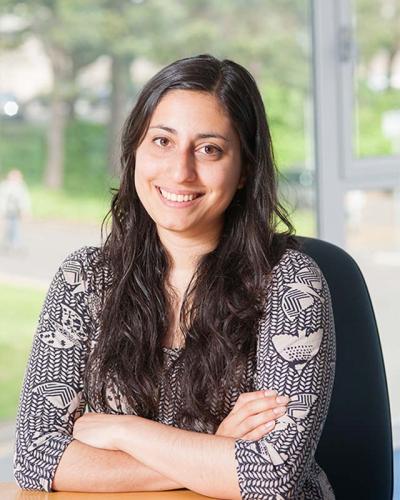Why Recognising Scientific Software Experts is Key to Open Science
Posted on 31 May 2019
Why Recognising Scientific Software Experts is Key to Open Science
 Photo by Austin Neill
Photo by Austin NeillThe Lisbon Council for Economic Competitiveness and Social Renewal asbl will run the webinar “Why Recognising Scientific Software Experts is Key to Open Science” on Thursday 13th June 2019 from 10:00 to 11:00 AM BST.
Simon Hettrick, deputy director of the Software Sustainability Institute and co-director of Southampton Research Software Group, will present the work carried out in the United Kingdom and elsewhere to promote, recognise and reward Research Software Engineers (RSEs), a collective term created to bring together software experts with an understanding of both research and software engineering.
Simon will speak about the current challenges faced by RSEs, such as a general lack of recognition of the work they do and a lack of an attractive career path. He will also explore the impact of the movement, including the creation of the UK Research Software Engineers Association (UKRSE), which now has more than 1,400 members and has inspired the creation of similar associations in a number of other countries such as Australia, Germany, the Netherlands and Norway.
About The Lisbon Council
The Lisbon Council for Economic Competitiveness and Social Renewal is a Brussels-based think tank and policy network. Established in 2003 in Belgium as a non-profit, non-partisan association, the group is dedicated to making a positive contribution through cutting-edge research and by engaging political leaders and the public at large in a constructive exchange about the economic and social challenges of the 21st century.

